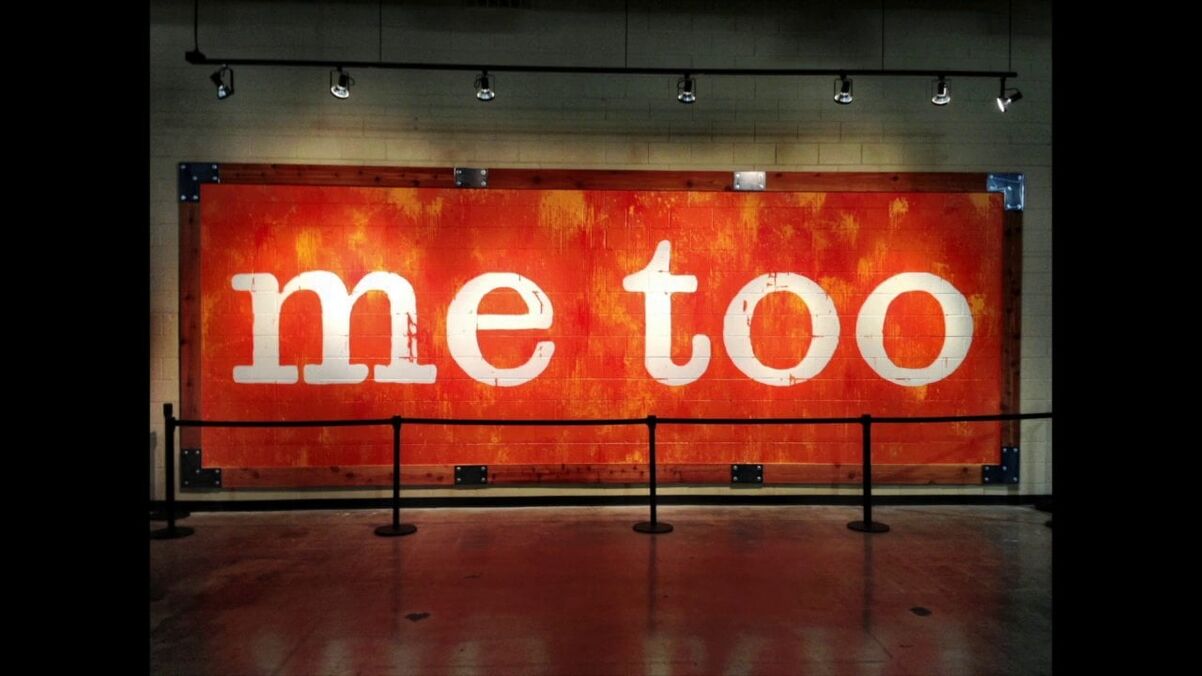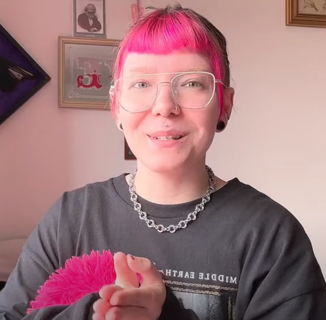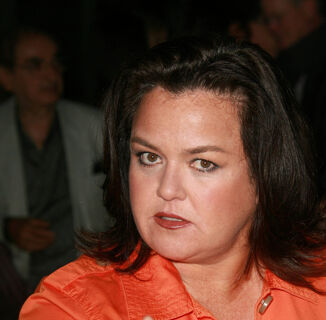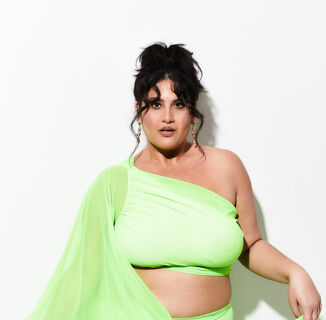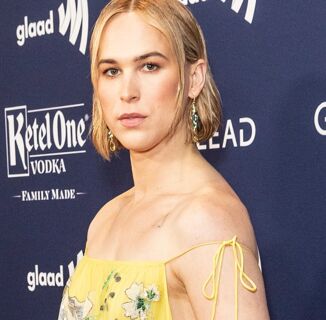The re-emergence of the #MeToo campaign and the reclamation of its inception by Just Be, Inc. founder and activist Tarana Burke speaks to a larger problem with the conversation on sexual harassment and violence. Some experiences are constantly prioritized while others are invisibilized due to identity. It’s no surprise that famous cisgender, heterosexual white women like Rose McGowan and Alyssa Milano have been able to spark a collective discussion on these issues in ways that a Black woman like Burke possibly never would have been able to.
Our society often doesn’t believe that the sexual violence that happens to folks who fall outside of the McGowan-Milano script is as important or worthy of discussion. There’s a continued obsession with cisgender white women’s purity that places their safety as the crux of these conversations.
I’ve often felt like I couldn’t discuss my experiences with sexual harassment and assault because I’ve witnessed the difficulty that even cisgender women face when they disclose. My transness, queerness, and Blackness render my claims even less believable in a society that views me as inherently deviant.
The dismissal of trans women and femmes who speak up about harassment often comes in the form of comments like “Welcome to womanhood!” or “Well, you got the attention you wanted.” These mindsets demean our experiences through victim blaming while also reinforcing womanhood and femininity as reasons of stripping people of their agency.
Transgender and gender nonconforming people are rarely given the space to discuss the sexual violence that we face partly due to damaging notions of us as being predators ourselves or the idea that we’re not desirable enough for anyone to commit an act like that against us. Both of these ideas are far from the truth. In the 2015 U.S. Transgender Survey, 47 percent of trans folks report having been sexually harassed at some point in their lives. Our transness and gender nonconformity often makes us even more of a target to others.
We are lacking nuance when we paint sexual harassment and violence as only happening to a certain kind of woman at the hands of a certain kind of man. These issues go much deeper than the “a woman versus a man” formula. We must grapple with the patriarchy as a system and how it negatively impacts everyone.
Where trans women and femmes have been able to insert a sliver of awareness into the public discourse on our experiences, trans men and transmasculine are discussed even less. The idea that masculinity automatically makes you a perpetrator of sexual violence ignores the fact that many men and masculine folks have stories of their own. (It also ignores that women and femmes can be capable of committing sexual violence as well.) Nonbinary folks are altogether ignored as always. That’s the problem with the binary, it ignores that gender-based issues are always more complex. We can center the discussion on women, femmes, and nonbinary folks while still allowing space for other conversations.
Beyond gender, we rarely discuss how the State does little to prevent sexual violence and protect survivors. According to Rape, Abuse & Incest National Network (RAINN), 75 percent of sexual assaults go unreported for many reasons including fear of retaliation from the perpetrator, not seeing the instance as important enough, and largely out of the belief that police wouldn’t actually help.
For instance, Ky Peterson, a Black trans man in Georgia, was incarcerated after being attacked and raped while walking home in October 2011. While defending himself, his rapist was killed. Peterson already had negative experiences with the police in prior instances of sexual violence, so he had no reason to believe they would heed his cry for help this time. Peterson is currently serving a 20-year sentence for self-defense. There’s currently a petition circulating for his pardon and release.
Once on the inside, harassment and rape are regularly seen as par for the course for trans folks in prisons and detention centers. In July, Eyricka King, a Black transgender woman, garnered attention online after a video of her mother, Kelly Harrison, went viral. In it, she discussed King’s treatment, including sexual violence, by inmates and guards. Her important story isn’t considered when we have a limited scope of these issues.
It is up to the people to take our consciousness on sexual violence to another level. It’s clear that a President who loves “pussy grabbing” and an administration committing to moving justice further out of reach for survivors won’t do it for us.
Personally, the #MeToo campaign has affected me deeply. Some folks have called the campaign ineffective and that it doesn’t do enough to combat rape culture. Others have voiced how problematic it is that people are called to relive some of their darkest moments publicly with little to no guarantee of how they will be supported. These critiques are valid, however, storytelling and story sharing is one of the greatest tools with have to transform culture and ourselves.
Help make sure LGBTQ+ stories are being told...
We can't rely on mainstream media to tell our stories. That's why we don't lock our articles behind a paywall. Will you support our mission with a contribution today?
Cancel anytime · Proudly LGBTQ+ owned and operated
Read More in Culture
The Latest on INTO
Subscribe to get a twice-weekly dose of queer news, updates, and insights from the INTO team.
in Your Inbox

